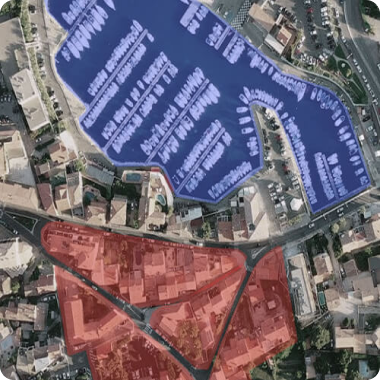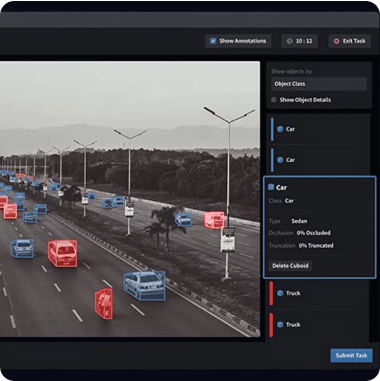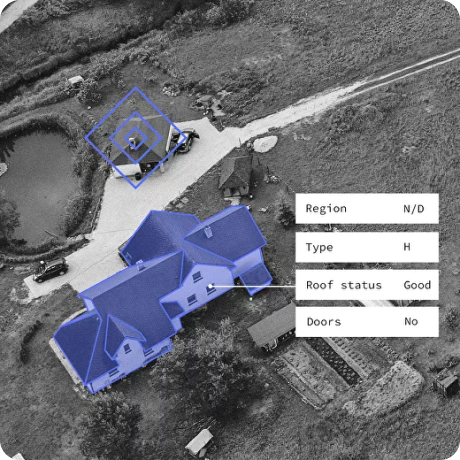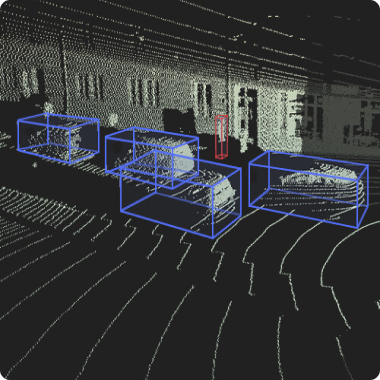IMAGE LABELING SERVICES


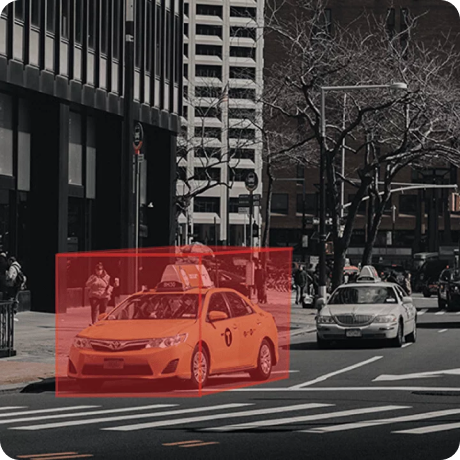
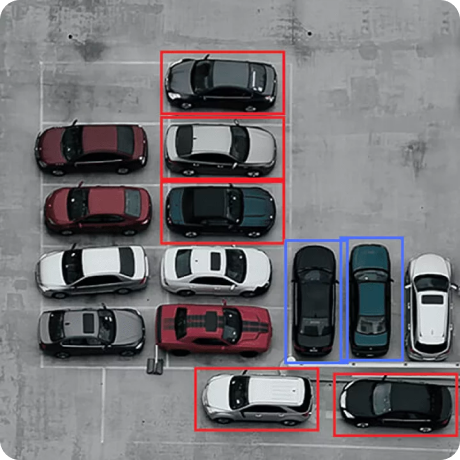
What is Image Labeling?
Types of Image Labeling Services
How we Deliver Image Labeling Projects
At Training Data, we are committed to delivering Image Labeling Projects with precision, efficiency, and client satisfaction as our top priorities. Our process comprises several key stages, each meticulously designed to ensure accuracy, quality, and timely delivery.
Image Labeling Use Cases
E-commerce and Retail
E-commerce platforms use image labeling data to categorize and tag products, enabling accurate product search and recommendation systems. Labels such as brand, color, size, and style help improve product discovery, enhance user experience, and increase sales conversion rates.
Healthcare and Medical Imaging
Healthcare institutions use image labeling data to annotate medical images, such as X-rays, MRIs, and CT scans, with anatomical landmarks, abnormalities, and pathologies. This facilitates medical diagnosis, treatment planning, and patient monitoring, leading to improved clinical outcomes and patient care.
Autonomous Vehicles and Transportation
Autonomous vehicle companies depend on image labeling data to train computer vision algorithms for object detection, lane detection, and traffic sign recognition. Labels such as pedestrians, vehicles, and road markings enable self-driving cars to perceive and navigate the environment safely and autonomously.
Agriculture and Crop Monitoring
Agriculture companies utilize image labeling data to analyze satellite and drone imagery for tasks such as crop monitoring, disease detection, and yield estimation. Labels such as crop types, pest infestations, and irrigation patterns support precision farming techniques, optimize resource allocation, and increase agricultural productivity.
Security and Surveillance
Security firms utilize image labeling data to annotate surveillance footage with objects of interest, such as people, vehicles, and suspicious activities. This enables automated video analysis, real-time threat detection, and proactive security measures in public spaces, airports, and critical infrastructure facilities.
Manufacturing and Quality Control
Manufacturing companies employ image labeling data to inspect and classify products on assembly lines for defects, damages, or deviations from specifications. Labels such as defects, dimensions, and surface abnormalities enable quality control checks, reduce product defects, and ensure compliance with quality standards.
Smart Cities and Urban Planning
Urban planning agencies use image labeling data to analyze aerial and street-level imagery for urban development, traffic management, and infrastructure planning. Labels such as buildings, roads, parks, and utilities support city modeling, land use analysis, and sustainable urban growth initiatives.
Environmental Monitoring and Conservation
Environmental organizations leverage image labeling data to analyze satellite imagery for monitoring ecosystems, habitat mapping, and biodiversity assessment. Labels such as vegetation types, land cover changes, and wildlife habitats support environmental conservation efforts and ecosystem management strategies.
Entertainment and Gaming
Entertainment companies use image labeling data to annotate images and videos for content creation, virtual set design, and character animation in movies, TV shows, and video games. Labels such as characters, props, and backgrounds enhance storytelling, visual effects, and immersive gaming experiences.
Education and EdTech
Educational institutions utilize image labeling data to create educational materials, interactive learning resources, and computer-based assessments. Labels such as educational concepts, objects, and diagrams facilitate personalized learning, student engagement, and knowledge retention in online and digital learning platforms.
Stages of work
-
Application
/01Leave a request on the website for a free consultation with an expert. Th e acco unt manager will guide you on the services, timelines, and price -
Free pilot
/02We will conduct a test pilot project for you and provide a golden set, based on which we will determine the final technical requirements and approve project metrics -
Agreement
/03We prepare a contract and all necessary documentation upon the request of your accountants and lawyers -
Workflow customization
/04We form a pool of suitable tools and assign an experienced manager who will be in touch with you regarding all project details -
Quality control
/05Data uploads for verification are done iteratively, allowing your team to review and approve collected/annotated data -
Post-payment
/06You pay for the work after receiving the data in agreed quality and quantity
Timeline
-
24 hoursApplication
-
24 hoursConsultation
-
1 to 3 daysPilot
-
1 to 5 daysConducting a pilot
-
1 day to several yearsCarrying out work on the project
-
1 to 5 daysQuality control
in the established quality and quantity
Why
Training Data
- Quality Assurance:
-
Enhanced Data Accuracy
-
Consistency in Labels
-
Reliable Ground Truth
-
Mitigation of Annotation Biases
-
Cost and Time Efficiency
- Data Security and Confidentiality:
-
GDPR Compliance
-
Non-disclosure agreement
-
Data Encryption
-
Multiple data storage options
-
Access Controls and Authentication
- Expert Team:
-
6 years in industry
-
35 top project managers
-
40+ languages
-
100+ countries
-
250k+ assessors
- Flexible and Scalable Solutions:
-
24/7 availability of customer service
-
100% post payment
-
$550 minimum check
-
Variable Workload
-
Customized Solutions


